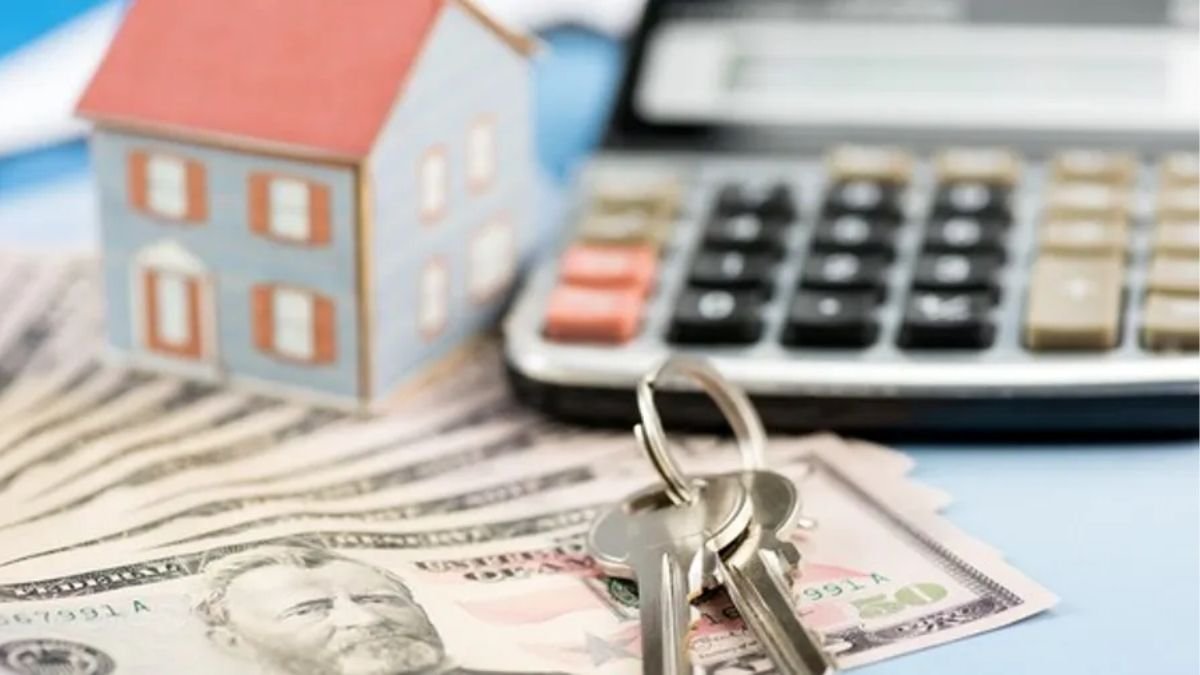With declining income sources as age increases, most of the elderly citizens would be left to rely on the property they own and that is the home. But it is not easy to get the capital invested in their home as cash. A reverse mortgage plan in this case provides such an option so that the seniors can access cash of their homes instead of selling them. Although this scheme is very appealing to hear, it has a number of advantages as well as disadvantages, which are worth knowing in detail.
What is a reverse mortgage?
A reverse mortgage is a special kind of mortgage which offers older citizens of 62 years and above with cash or monthly payment as a substitute of their equity in the home. This arrangement is without the necessity to sell their house or remit monthly payments.
This is a loan that is normally paid back when:
- The borrower sells the home,
- permanently relocates, or
- passes away.
In such a scenario the bank or financial institution will receive the loan sum back through the sale of the house.
The major advantages of a Reverse Mortgage.
1.Get Money without Selling Your House.
The greatest benefit of reverse mortgage is that you do not sell your home to get the cash. The money may be given out in a lump sum, monthly payments or in the form of a line of credit.
2.No Monthly Payment Required
This mortgage is unlike a conventional home loan where you are required to make an EMI monthly. The loan is only paid in case you move out or the house is sold.
3.Tax-Free Income
Reverse mortgage proceeds do not qualify as income, but as loan proceeds. Thus, they do not, as a rule, attract taxation and thereby lowering your tax liability.
4.Security during Retirement.
Some of the elderly citizens have low savings but they have million-dollar homes. In the case of such people, a reverse mortgage will act as a financial security blanket enabling them to meet their medical cost, drugs, home needs and other costs.
5.Flexibility
It is up to you to decide how urgently you require the money or monthly, based on your requirements and comfort. This aspect renders it extremely helpful.
Major Perils of a Reverse Mortgage.
1.Home Equity Decreases
The loan accumulates interest as time goes by which reduces the home equity. This implies that the other home asset that you leave to your heirs will be of little or no value at all.
2.High Fees and Expenses
Some of the fees charged on reverse mortgages include processing fees, origination fees, and mortgage insurance premiums. These charges render them more costly than the traditional loans.
3.Foreclosure Risk
The bank can take away your home in case you can not pay property taxes, home insurance, or even home repairs. This translates to the fact that you stand a chance of losing your home even when you have a loan.
4.Effect on Family Succession.
In case your heirs wish to continue living in the house they will have to settle the entire amount to the bank. In case they are unable to do so they will be forced to sell the house to repay the loaned amount. This may influence the family feelings and inheritance.
5.Influence on Government Schemes.
In case you take a large lump sum, you can take it as an asset. This may affect your ability to receive need based government benefits such as Medicaid or Supplemental Security Income (SSI).
6.Relocation Risk
The loan can become immediately due in case you live away, more than 12 months, e.g., in an old-age home or nursing home. This implies that you will be forced to sell the house to reconstruct the loan.
Is a reverse mortgage the solution to you?
This strategy does not apply to all elderly people. Think about your monetary condition, family condition and needs ahead before doing so.
The plan is particularly appropriate to individuals who:
Over age 70 years and in need of more cash.
Individuals whose house is completely paid off or have a very negligible loan repayment amount.
Individuals who lack alternative sources of saving and do not wish to dispose their house.
Those that do not have heirs or do not wish to leave the home behind.
What to do before proceeding?
The following are the steps to follow before getting a reverse mortgage:
Independent financial advice – Use an experienced financial advisor or financial planner to provide advice to you on how to make the correct choice.
Consult HUD-recognized counseling– It is obligatory to consult the agencies sanctioned by the U.S. Department of Housing and Urban Development (HUD). This will make you know the terms and risks of the plan.
Talk to family members – This will affect your family and heirs.
Review every document thoroughly – Completely know the interest rate, interest fees, and terms of the loan.
Conclusion
Reverse mortgage is certainly an extremely appealing and yet a very sensible decision towards money affairs. It would help the aging home owners who are not working a regular wage earn less money; the economic woes can be reduced. It perhaps enables them to remain in their own house or at least afford their day to day living costs in a financial way.
FAQs
Q1. What is a reverse mortgage?
A reverse mortgage is a special type of home loan for seniors aged 62 or older that allows them to convert part of their home equity into cash while still living in the home.
Q2. How does a reverse mortgage work?
Instead of making monthly payments to a lender, the lender makes payments to you—either as a lump sum, monthly income, or line of credit. The loan is repaid when you sell the home, move out permanently, or pass away.
Q3. Who is eligible for a reverse mortgage?
Generally, homeowners aged 62 or older who own their home outright or have a small remaining mortgage balance are eligible.
Q4. Do I have to pay taxes on reverse mortgage payments?
No, the money you receive from a reverse mortgage is considered loan proceeds, not taxable income.
Q5. What happens to my home after I die?
Your heirs can either repay the loan and keep the house or sell the property to repay the lender. Any remaining equity after repayment goes to your heirs.



